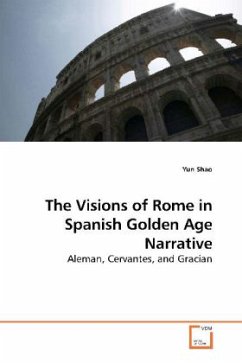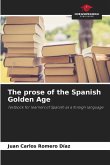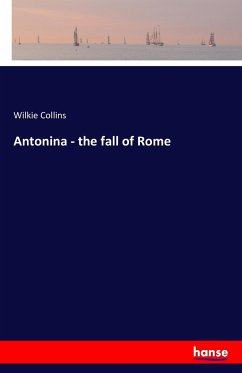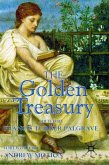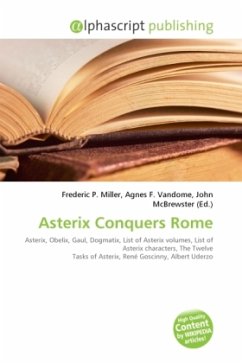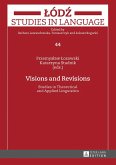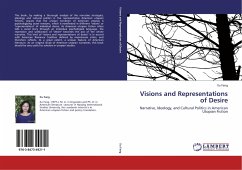The myth of Rome, resurrected among the ruins of antiquity by the Renaissance, was often entangled in the tumultuous struggles among political interests, religious credos, and moral values. Early Modern Spanish Literature engaged actively in the discourse of Rome, refashioning the ancient symbol with modern sensibilities. Mateo Alemán s grotesque and subversive portrayal, Cervantes comedic and playful representation, and Gracián s paradoxical allegory question, criticize, and modify each in its own way the traditional expressions of this ancient symbol. Their endeavor as a whole indicates the instability and fading of a central authority and the ideological disintegration initiated from a deep rupture in the origin of the cultural consciousness and movement that called itself Renaissance.
Bitte wählen Sie Ihr Anliegen aus.
Rechnungen
Retourenschein anfordern
Bestellstatus
Storno

